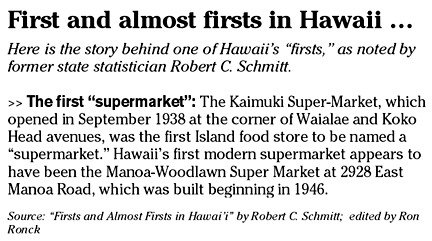|
Business Briefs
|

NATION
More workers prefer time off to money The workplace contest between time and money has raged for years. An employee survey suggests money may be starting to lose that battle.
Nearly 40 percent of 4,600 full-time workers said they would choose more time off work than a $5,000 annual pay hike. That was an almost 20 percent jump from three years ago when Salary.com asked the same question, and represented a significant shift in employee thinking.
"Workers are saying they need a break from the stresses caused by increasing hours, reduced staff and the push for more productivity," said Tim Driver, a senior vice president at the Needham, Mass.-based software company. "It's also possible that following several years of layoffs and cost-cutting, an increasing number of workers are less inclined to believe that placing work above personal concerns will pay off in career advancement and pay."
Handshaking can offer you clues
Handshakes are a routine daily rite in the world of commerce, a gesture done most often without thought. But you might want to give this protocol a bit of mulling if you are a businessperson who often encounters new clients, employees, supervisors, and the like.A handshake tells many people many different aspects about you, according to "The Power of Handshaking" by Robert Brown and Dorothea Johnson.
A few tips from the book, which details a dozen different sorts of handshakes.
>> Offer a dry hand. Clammy hands convey nerves or tension (or a hangover) and can quickly offer someone a negative view.
>> Engage the full hand. Touch palms, firmly but not to a crushing degree.
>> Pause. This is "the key ingredient of a successful handshake," Brown and Johnson write. Focus on this moment, and be the last party to end the shake.
>> Observe. Is the person pulling or pushing you? Are they twisting your arm? Is the hand damp, lifeless, shaking vigorously, warm, cold, damp?
>> Remember. After your meeting, analyze the handshake. You most likely drew a number of impressions about the person, and your unconscious drew even more. You are likely to know far more about this person than you would have believed.
Many rich people don't have a will
They have plenty of cash, but a surprising number of affluent Americans are ill-prepared when it comes to protecting their assets and getting their finances in order, a new survey says.More than a third of people with $10 million or more in investable assets don't have wills, health care proxies or trusts, and have not named trustees or executors for their estates, according to the poll of 792 affluent adults conducted by PNC Advisors, the wealth-management unit of Pittsburgh-based PNC Financial Services Group Inc.
How come? More than half, 56 percent, said they don't have wills because of mere procrastination.
[News] [Business] [Features] [Sports] [Editorial] [Do It Electric!]
[Classified Ads] [Search] [Subscribe] [Info] [Letter to Editor]
[Feedback]
